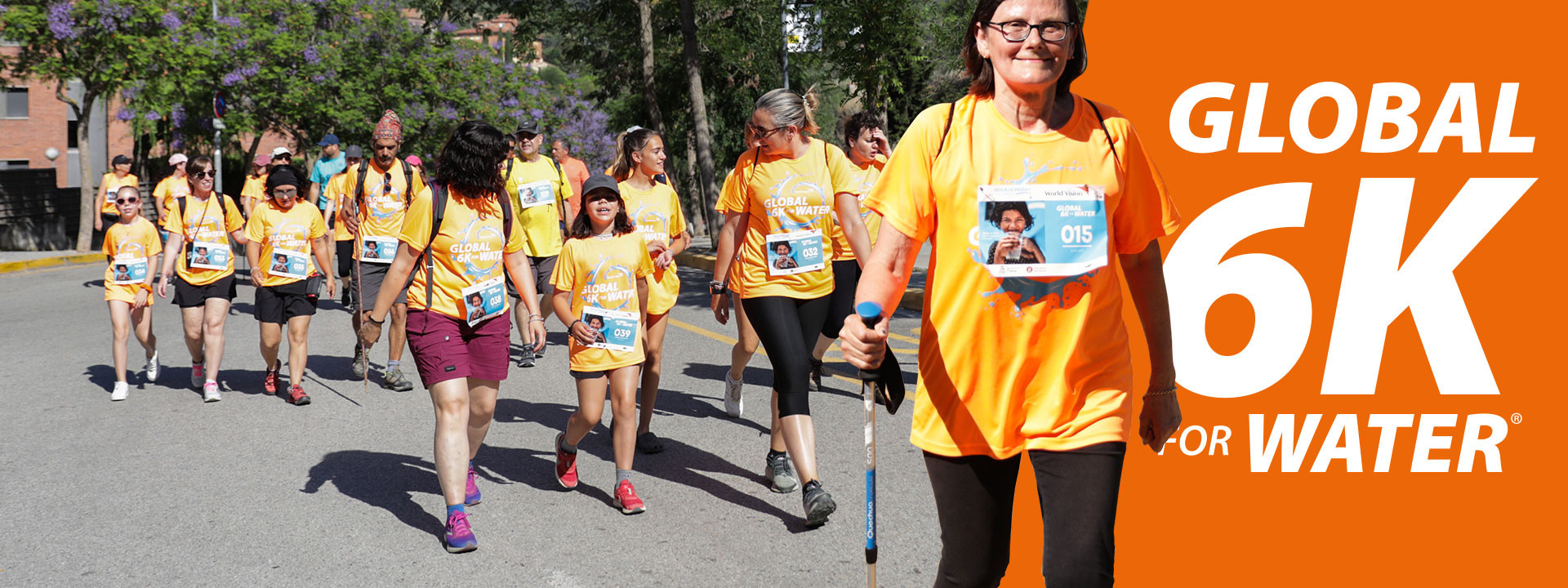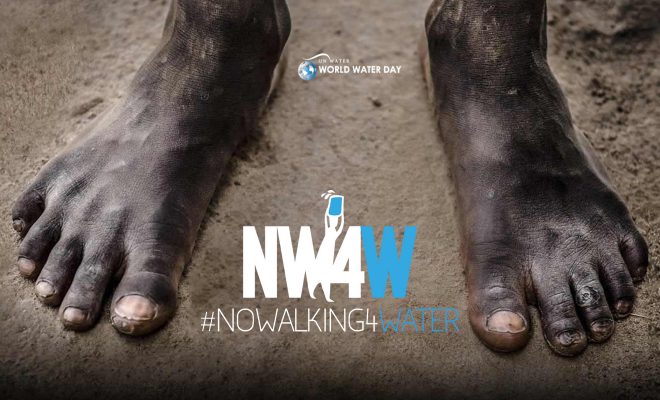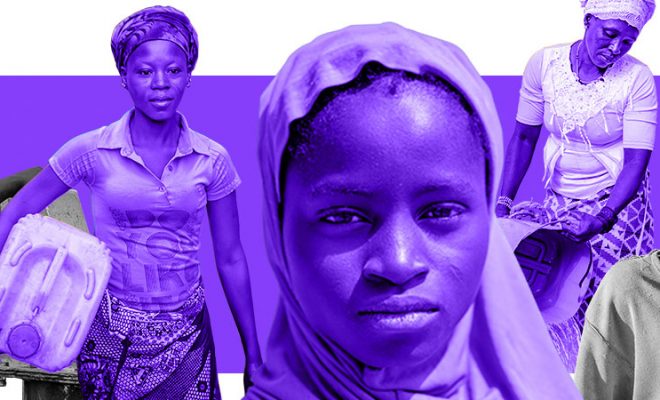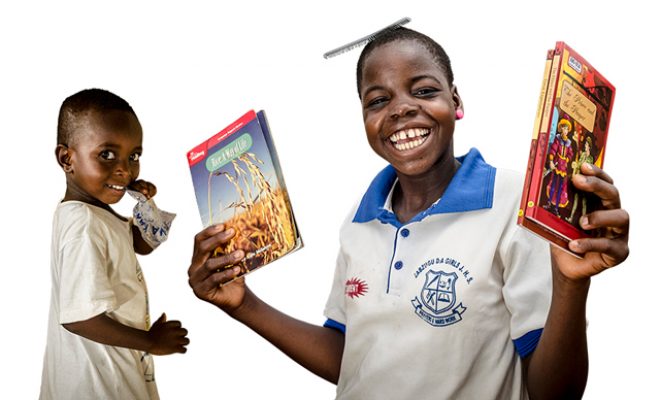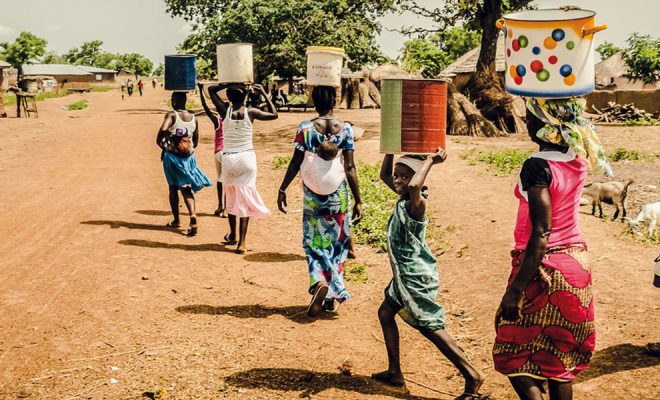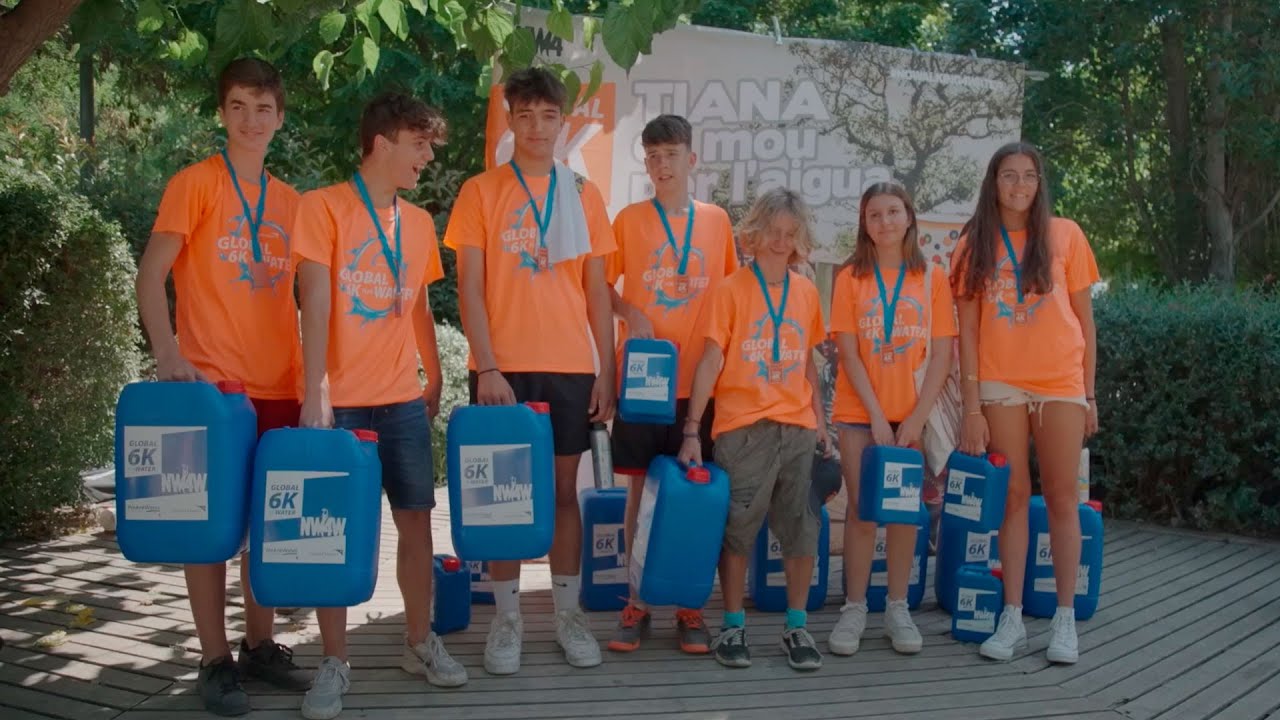
The sun was beating down on a late spring that had already turned into summer in the midst of the Mediterranean heatwave. The runners set off from Tiana, a town near Barcelona, to run three kilometers with an empty eight-liter jerry can and then another three kilometers to return with the same container full of water. The six kilometers of the Global 6K For Water are equivalent to the average distance traveled around the world to fetch water, the vast majority of which is done by women and girls, and usually under even harsher weather conditions than those experienced by the runners. In the most deprived areas of Africa, South Asia, and Latin America, they do this daily, carrying containers that can weigh up to 20 kilos, under a scorching sun and exposed to multiple hazards due to their high vulnerability.
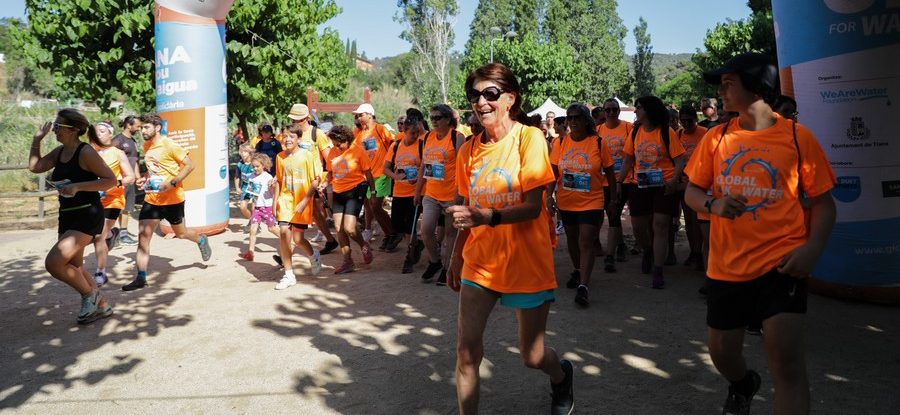
The Global 6K For Water is the world’s largest race for clean water. It is a World Vision initiative that takes place in several countries and in Spain, it is done in partnership with the We Are Water Foundation. © Eduard Codony
Globally, some 125 million hours a day are spent fetching water. In sub-Saharan Africa alone, 40 billion hours are spent every year. That is the equivalent of a year’s work for the working population of a country like France. It is a gender injustice that is a huge economic loss and a drain on girls’ schooling. It is a burden for countries with fewer resources, preventing them from getting closer to attaining the SDGs by 2030.
The damage caused by the time spent fetching water is also social. This obligation prevents adult women from participating in productive activities or education, thus reproducing and aggravating existing gender inequalities and making it impossible for them to develop their role in the family and community structuring that they traditionally have in areas affected by lack of access to water.
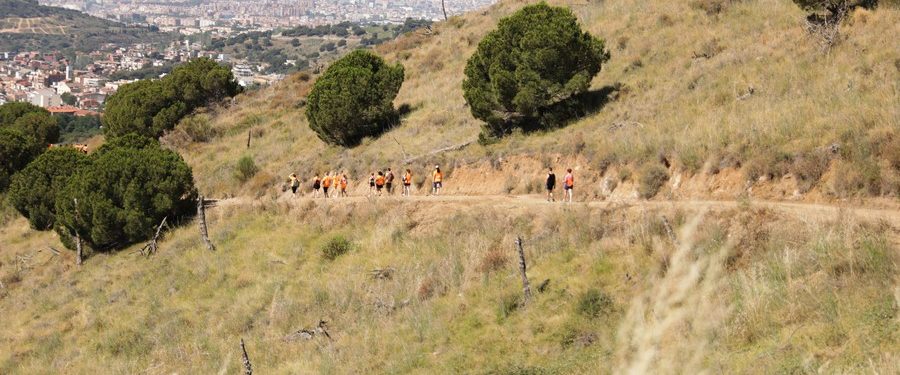
Global 6K For Water are equivalent to the average distance traveled around the world to fetch water. © Eduard Codony
Aid for schools in Indonesia
The Global 6K For Water is the world’s largest race for clean water. It is a World Vision initiative that takes place in several countries and in Spain, it is done in partnership with the We Are Water Foundation. The race, which had not been held for two years due to the Covid-19 pandemic, has been organized in collaboration with the Tiana Town Council, which has joined the solidarity initiative.
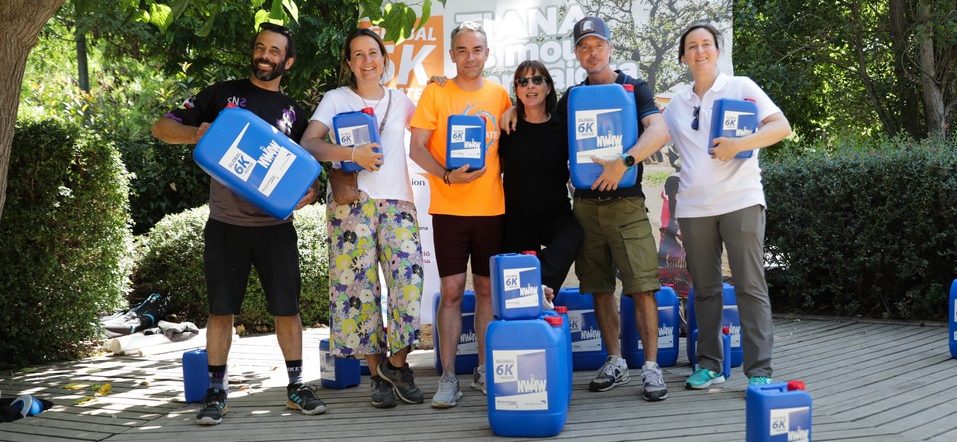
The race, which had not been held for two years due to the Covid-19 pandemic, has been organized in collaboration with the Tiana Town Council, which has joined the solidarity initiative. © Eduard Codony
In addition to raising awareness, this year the money raised in the race will go entirely to providing access to water and total sanitation to three primary schools in the Indonesian villages of Galawea, Watugase and Malasare.
Just over half of the public primary schools in the province of East Nusa Tenggara, where the villages are located, have toilets, of which only 5.25% are gender-segregated. Some 300 students and their 33 teachers will benefit from the construction of toilets that meet these requirements and the hygiene practices that can be developed.
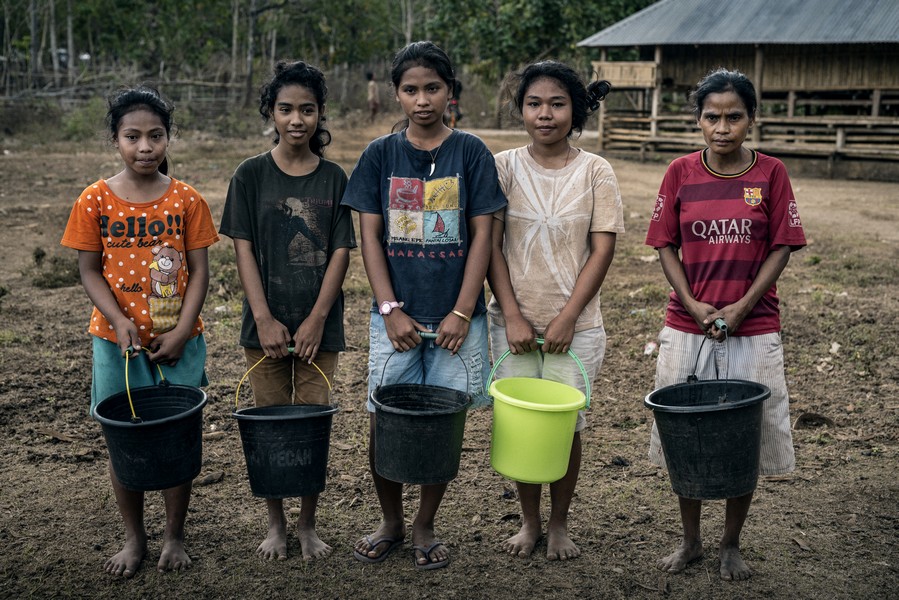
This year the money raised in the race will go entirely to providing access to water and total sanitation to three primary schools in the Indonesian villages of Galawea, Watugase and Malasare. © Carlos Garriga/We Are Water Foundation
This is a fundamental step in promoting gender equality, as it ensures privacy and dignity, as well as school attendance, especially for girls. According to a UNESCO study, inadequate sanitation facilities in schools cause one in five girls to drop out of school in adolescence, usually at the same time as menstruation.
Moreover, with no restrooms, schoolchildren have very few toilets and no opportunity to wash their hands, leading to a high incidence of diarrhea and skin diseases. Adequate toilet and hand-washing facilities are also essential for students to learn proper hygiene and sanitation habits.
#NoWalking4Water, an internationally renowned initiative
The Global 6K For Water race shares the same goals as the #NoWalking4Water campaign we started on World Water Day in 2016. Since then the campaign has gone viral on social media to raise international awareness of this injustice that affects millions of women around the world. For decades now, the international community has been aware of the close link between women’s and children’s rights and access to water and sanitation. Initiatives such as the Global 6K For Water and the #NoWalking4Water campaign will accompany us on the difficult path that remains to complete the 2030 Agenda, a goal that we can only achieve with everyone’s collaboration.


